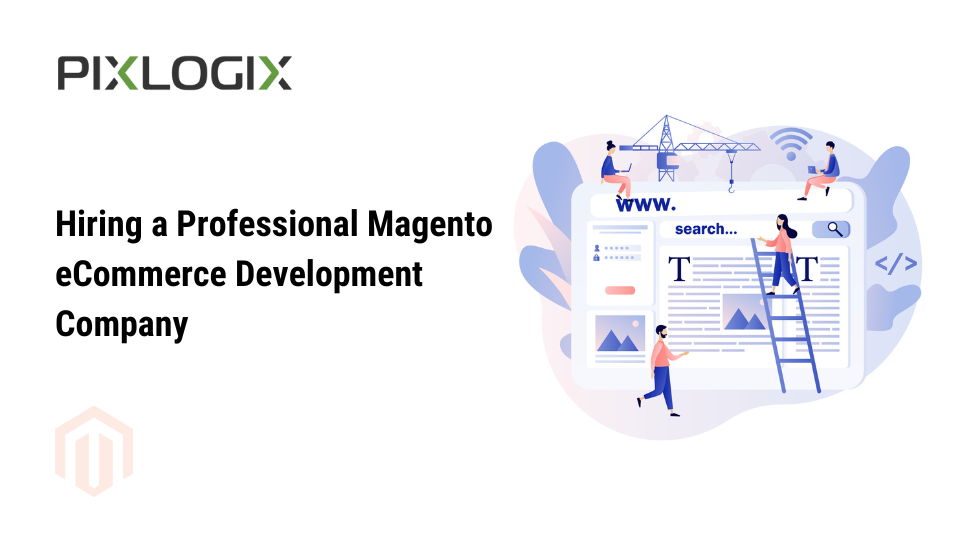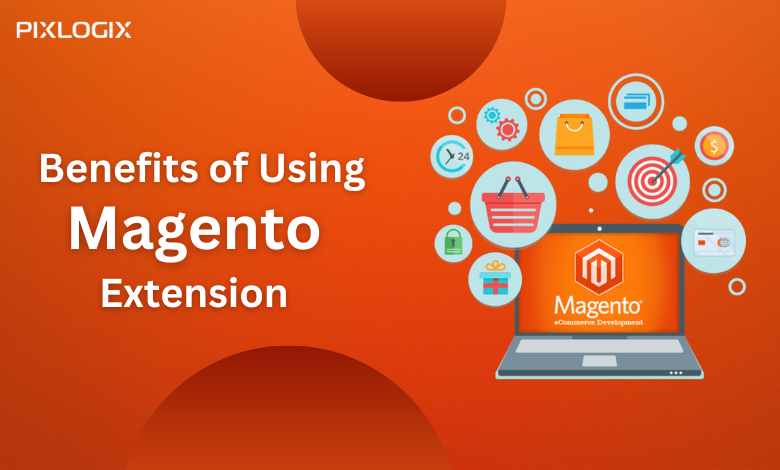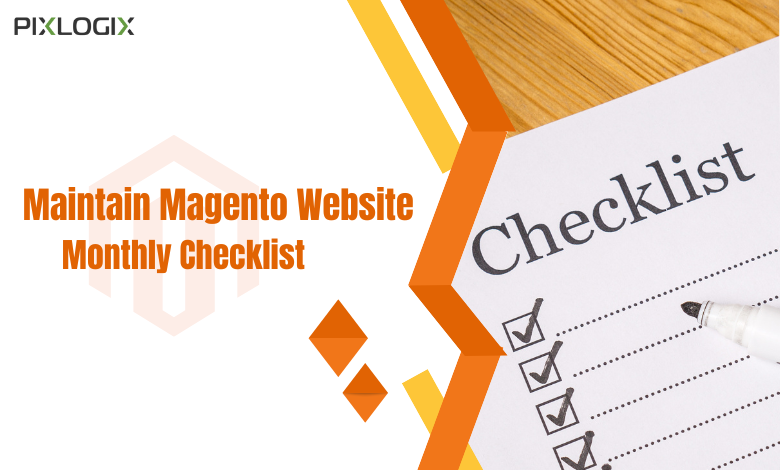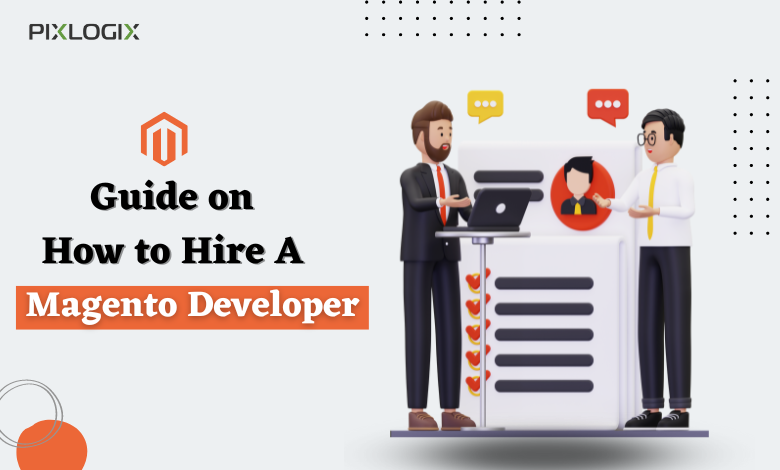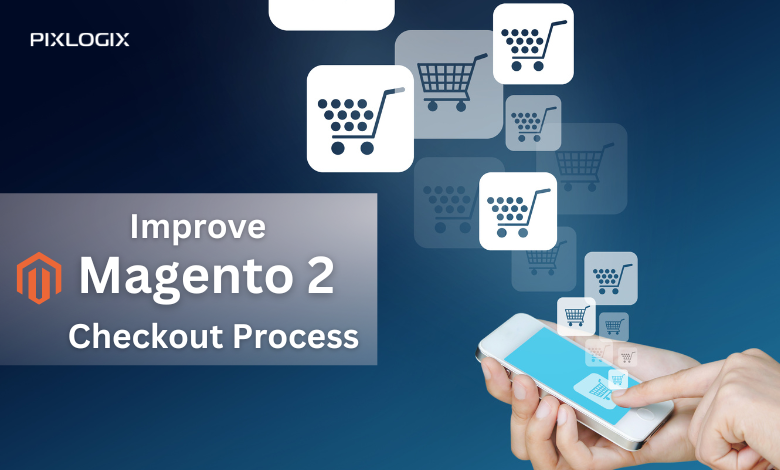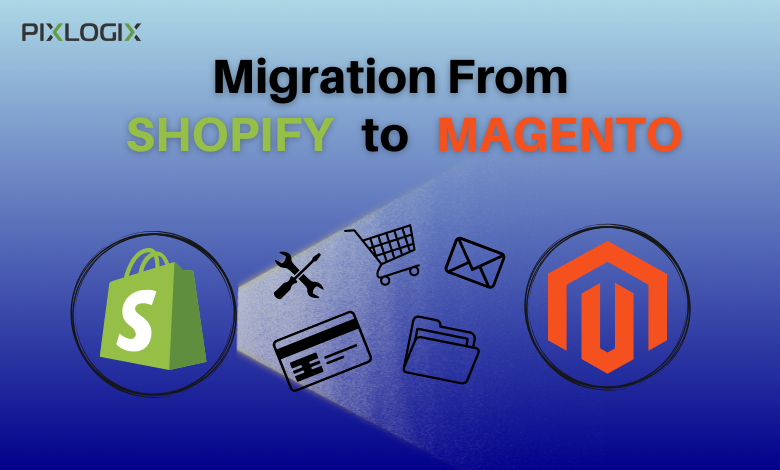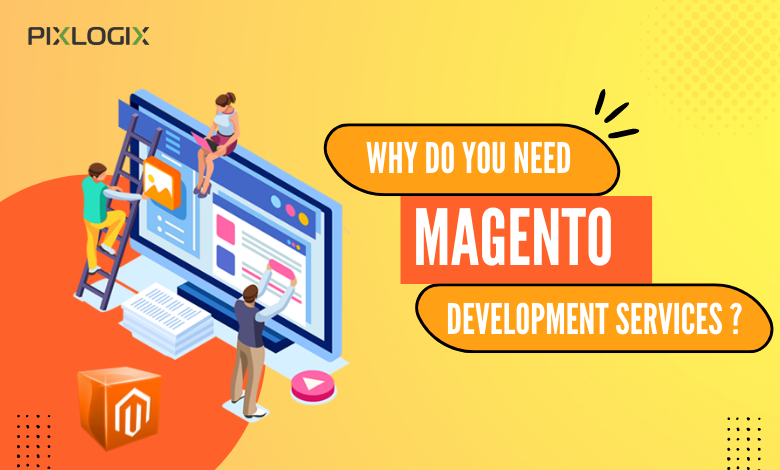Magento is an open-source e-commerce software that is used globally for e-commerce websites. However, if you want to use the full potential of Magento features, you need a highly qualified Magento Development Agency.
Still, hiring a Magento developer with good knowledge and problem-solving skills is not easy, so you need to hire a Magento 2 development company.
There are a few important things to remember while hiring Magento 2 developer services to hire the perfect partner for your Magento requirements.
In this blog, we have developed a detailed guide on finding the right Magento development agency or individual developer for your business. After reading this blog, you will become an expert in hiring Magento development services for all freelancers and companies.
How to Hire a Magento Development Agency?
We have divided this post into 4 main parts as follows:
1. Why Hire a Magento Development Agency or Developer?
Before you know how to hire a Magento developer, you need to know why you need a web development company. Magento is a complex tool that requires deep technical knowledge. So, if you want to run a full-fledged online business but need to be better-versed in the benefits of Magento, you will need a certified professional to handle all your difficulties.
Here are the benefits of hiring a certified Magento developer:
Hiring a professional web developer for Magento means saving a lot of time. You don’t have to deal with complex coding and such. As an experienced Magento expert, he can handle everything himself. You can focus on other important tasks like branding, marketing, sales, etc.
A good Magento developer will enhance your technical knowledge of Magento and guide you to success. Apart from building your website and dealing with logical things, a sound web developer can help you with PSD or HTML theme development and customization and make the most of any future updates/upgrades in Magento.
Making your online shop visible is quite a hard task. It requires uniqueness and creativity on your website. Hiring a Magento developer ensures that you have a fully customized website that looks and feels professional. A Magento theme developer can give the store a unique and fresh look. The best part? You can communicate with your developer whenever you want to change or modify your website.
Hiring a professional developer for your e-shop means ensuring better performance. Especially if you have a limited amount of technical knowledge, a Magento developer can improve the appearance of your website, manage backend issues, and offer speed and security to your store.
2. Before Hiring Any Magento Development Agency, Analyze Your Requirements
You can find an experienced developer who boasts of being an expert and specialist in Magento, yet you can end up with problems if you need clarification about your requirements.
So, before you hire a Magento developer, consider the needs of your store and ask yourself the following questions:
- Do I need a front-end or backend developer?
First, you need to know that designing a website is one thing and maintaining or managing its backend is completely different. To hire a Magento developer who can match the needs of your website, you need to know the differences between the two.
Before hiring a Magento developer, determine whether you need a front-end developer or a backend developer. Their roles and responsibilities may vary, as do their skills and expertise.
- Looking for a dedicated, freelance, or part-time developer?
After deciding on front-end/backend development, you need to know whether you will need full-time, part-time, or freelance developers. This decision will help you set a budget, design a workflow, and set a deadline for your task.
As an expert, we suggest you Hire a dedicated Magento developer. Because with a full-time developer, you get full support, undivided focus, and better results. It is also important to evaluate your needs and determine whether you want to hire a Magento developer on a permanent or contract basis.
Here you should know that if you hire a web developer on a contract basis and want to continue with them after the contract ends, you will have to go through the hiring process again.
- Will you need a single developer or an agency?
Only one developer can handle the store if it is new and small. However, a single Magento expert can only do it if you have a large and busy eCommerce store. Most businesses with multiple websites and a large database hire a team of certified professionals with deep knowledge and years of experience.
And that is because a good Magento development agency will provide you with the right resources instead of a single developer.
Here are the benefits of hiring a specialized Magento development company for high-quality ecommerce web development services. We will mention the names of these companies later in this post.
- Understand the Right Quality and Price of Magento Development Services.
If you don’t want to spend some money on web development, don’t expect great results. Many companies hire cheap Magento developers only to find it disappointing.
But you need to understand that cheap talent will never produce extraordinary service. Therefore, decide whether you want to save your money and compromise on the quality of work or whether you want to invest in talented, experienced industrial developers and achieve the desired results.
We recommend quality, always! Every store owner wants to improve sales and create a light, fast and secure database. In that case, you need to hire a Magento developer with industry expertise and rich knowledge.
It is much better to spend money on a professional Magento developer than to edit crappy code that will end up being expensive.
Please don’t fall for low-price strategies! Go ahead and take some time to find and hire a Magento developer who is experienced, skilled and professional.
Check out the next point to ensure you’re spending money on the right person.
3. Five Steps to Hiring the Perfect Magento Development Agency
Now that you know why you need a developer and what type of developer you need, follow the steps to hire a top Magento developer for your store.
- Appraisal and evaluation of appearance
Checking reviews and star ratings are so trendy these days. And let me tell you, it’s worth it. You will get a clear idea about the candidate’s profile, professionalism, work excellence, and more just by checking their reviews and ratings. Also, visit their professional online accounts and website to learn more. Please go through the comments and notes of their previous clients.
References can also help you judge your Magento developer. So, ask for references and talk to them. It could help you analyze their skills, working methods, and diligence.
- Review work portfolio and credentials
Looking at your Magento developer’s portfolio and certification is a must to make sure they are a good fit for your project. A portfolio of work will showcase their skills, methods, and the work they have produced. This will make it easy for you to match your project with their skills. Your developer’s professional portfolio will be the best evidence for their Number of projects, Experiences, Expertise, Design and development work, Frames, Work Plans, certificates, and achievements.
- Ask about availability and communication.
After viewing the work portfolio, check their availability and emphasize proper communication. This should be the first thing you should look for in your Magento developer.
If hiring them for a job or a project, make sure they are available whenever you need them.
They cannot be available for you 24*7. But ask for the best times of the day to talk to them and discuss changes to your project.
- Discuss your project with your Magento Developer
You need to share proper guidelines and project details with your Magento developer. Otherwise, you won’t get the desired results and will keep asking your developer to make changes repeatedly. When hiring a Magento developer for your e-commerce website, ensure he meets all your requirements and deadlines.
4. Skills to Look for in Your Potential Magento Development Agency
Well, the hard part is over! After reviewing your CV, work portfolio, certificates, and reviews, it’s time to evaluate your technical knowledge, passion for development, and dedication.
Make a list of the skills your developer must have. Be specific about the knowledge, languages, technical skills, and experience you want them to have. Here are the job competencies you should look for in a developer resume:
The ideal developer must have proper knowledge of the Magento platform to perform basic tasks in your online store. They should be tech-savvy yet flexible enough to match their development skills and expertise with your website’s needs. When assessing development expertise, look for their knowledge of:
- Magento website development
- Custom eCommerce solution
- Magento module and theme development
- Custom extension development
- Shopping cart development
Ask them anything you want them to do in your CMS and see if they can deliver the same.
Professionalism determines your approach to work. No one wants to entertain a non-professional candidate, even if they have the skills and knowledge to do so. A good professional developer knows how to work; this impacts your business, customers, and client base.
A Magento developer must be Creative, especially a front-end developer. Find an experienced developer with an innovative perspective to help you succeed. A creative ecommerce developer will create the best web designs, homepages, and ecommerce stores from scratch.
These two qualities are essential qualities that can change the game of your business. A dedicated and disciplined developer will surely take your brand to new heights.
- Magento Developer must be a Team Player
This one is important. A good Magento developer must be smart to handle pressure, work alone and be a great team player when needed.
Additionally, web developers should be good communicators to talk freely with you about work requirements, challenges, and plans.
You could get into trouble if you have not discussed your timing with your freelance/part-time developer. And you know, why?
Because most contract or freelance developers work on multiple projects at once, conflicts can hinder your project and deadline. Try hiring a Magento developer who can be available at your preferred time for your work.
Every person is unique and has a speciality. Ask or analyze your Magento 2 developer’s specialization and what tasks they excel at more than others. Once you know them, think about how you can use their specialties in your project.
Final Words
This full guide can help you finalize the most suitable Magento development company for your online business. As a bonus, below we will tell you about India’s leading Magento development company.
If you are planning to hire a Magento development Agency in India, this is one of the best selections of your life. For more details, let’s read further. Pixlogix Infotech Pvt. Ltd. is a leading Magento Development Agency in India. Their developers are experts in realizing your ideas. This Magento Development Company provides e-commerce website design and development with advanced payment gateway solutions, making it one of the leading companies. Their passionate and talented teams are experienced in creating new and effective ways to take your online solutions to new heights.

